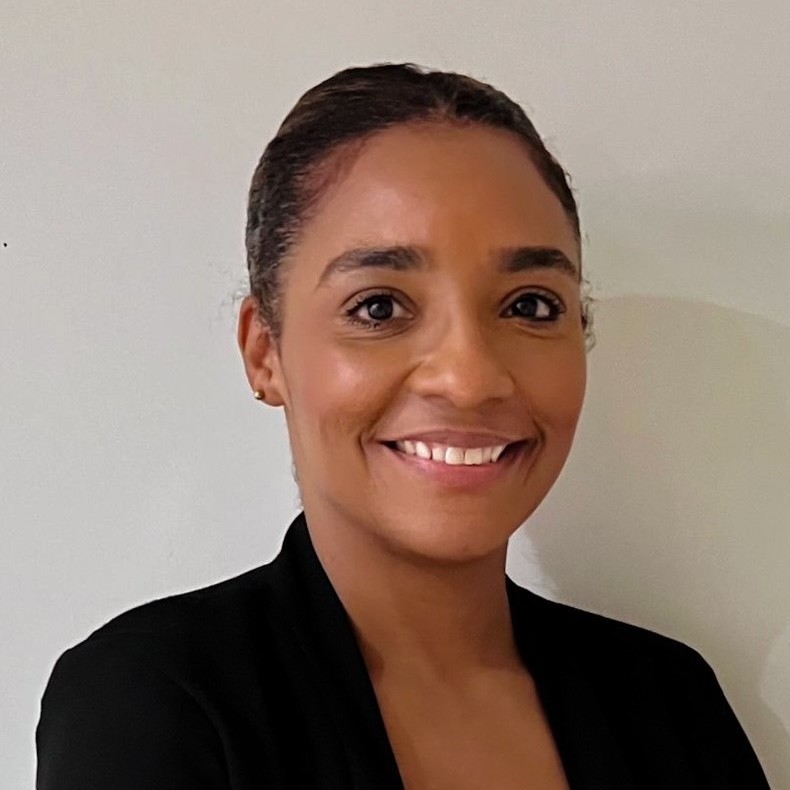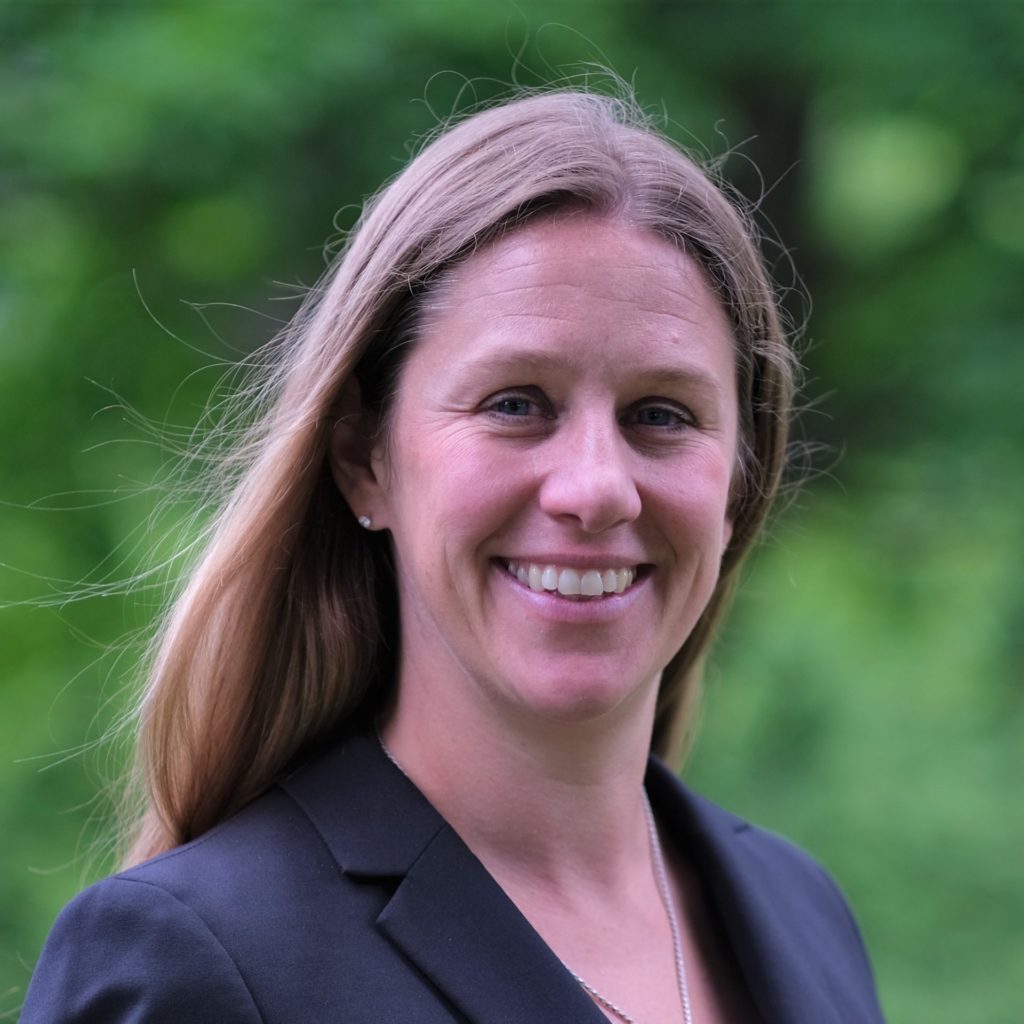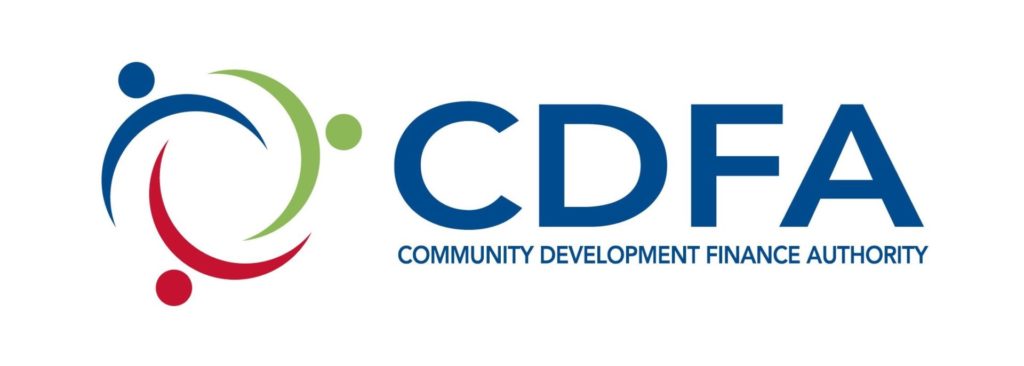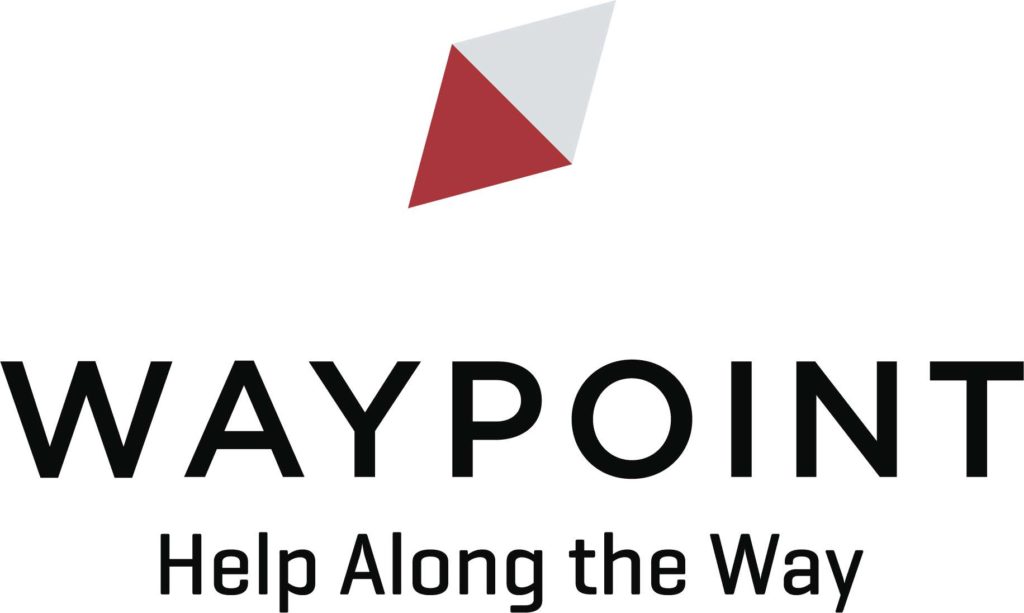The second virtual event of the two-part series, Building an Equitable and Inclusive Recovery, was held on Tuesday, September 27, from 11:00am to 12:00pm.
The COVID-19 pandemic has had a dramatic impact on the lives, well-being, and economic situations of Granite Staters since it reached New Hampshire in March 2020. The public policy response and associated investments have helped families and individuals through the worst hardships of the pandemic and helped sustain and restart the economy. However, these efforts do not ensure an equitable and inclusive recovery going forward.
This virtual event reviewed the current state of the New Hampshire and New England economies. Speakers discussed the major constraints on economic opportunity, the effect of the recovery thus far on the well-being of residents, and the role public policy has had, and can continue to have, in promoting greater prosperity and well-being for all Granite Staters.
Featured Speakers:
Jeffrey Thompson
Vice President and Economist
Director of the New England Public Policy Center
Federal Reserve Bank of Boston
Jeffrey P. Thompson is a vice president and economist in the Federal Reserve Bank of Boston Research Department, where he is the director of the New England Public Policy Center. Prior to joining the Boston Fed, Thompson was a principal economist at the Federal Reserve Board and a professor at the University of Massachusetts Amherst’s Political Economy Research Institute. Dr. Thompson specializes in applied microeconomics, household finance, income, wealth and consumption inequality, state and local finance and regional economics. Thompson earned his PhD in economics from Syracuse University. He joined the Boston Fed in 2018.
Phil Sletten
Research Director
New Hampshire Fiscal Policy Institute
Phil Sletten is research director at the New Hampshire Fiscal Policy Institute, where he conducts research and analysis on the State Budget, State revenues and expenditures, the economy, and the economic security of Granite Staters, with a focus on those with low and moderate incomes. He previously served as a performance auditor for the NewHampshire Office of Legislative Budget Assistant. Phil earned a Bachelor’s degree from Grinnell College in Iowa and holds a Master of Public Affairs from the University of Wisconsin, and is also a graduate of Leadership New Hampshire. He joined the New Hampshire Fiscal Policy Institute in 2016.
Karen Emis-Williams
Director of Human Services
City of Concord
Karen Emis-Williams is the director at Concord Human Services for the City of Concord, where she oversees the state mandate to provide interim, emergency assistance with basic items of necessity to individuals and families. Prior to joining Concord Human Services, she was the acting deputy manager at Nashua City Welfare. She has over twenty years of experience in the social services field. She earned her Bachelor of Arts in Psychology from Rivier University, Nashua. She joined Concord Human Services in 2016.
Katy Easterly Martey
Executive Director
New Hampshire Community Development Finance Authority
Katy Easterly Martey is the executive director at Community Development Finance Authority, where she provides leadership and strategic direction across CDFA’s programs. CDFA works with partners to advance new ideas and innovation in community development, economic development, and clean energy throughout New Hampshire. Katy fosters effective communication with the Board of Directors, community leaders, legislators, and other stakeholders to achieve annual goals adopted by the Board. Katy Easterly Martey holds a Bachelor of Arts degree in Policy Studies and Geography from Syracuse University. She joined CDFA in 2013.
The first event of this two-part series was held on Thursday, June 9, from 11:00am to 12:00pm.
Resources:
- Presentation Slides: New Hampshire’s Economic Recovery and the Role of Public Investments – Presented by NHFPI Research Director Phil Sletten and Federal Reserve Bank of Boston Vice President and Economist and Director of the New England Public Policy Center Jeffrey Thompson.
- A recording of the presentation is available to view here















